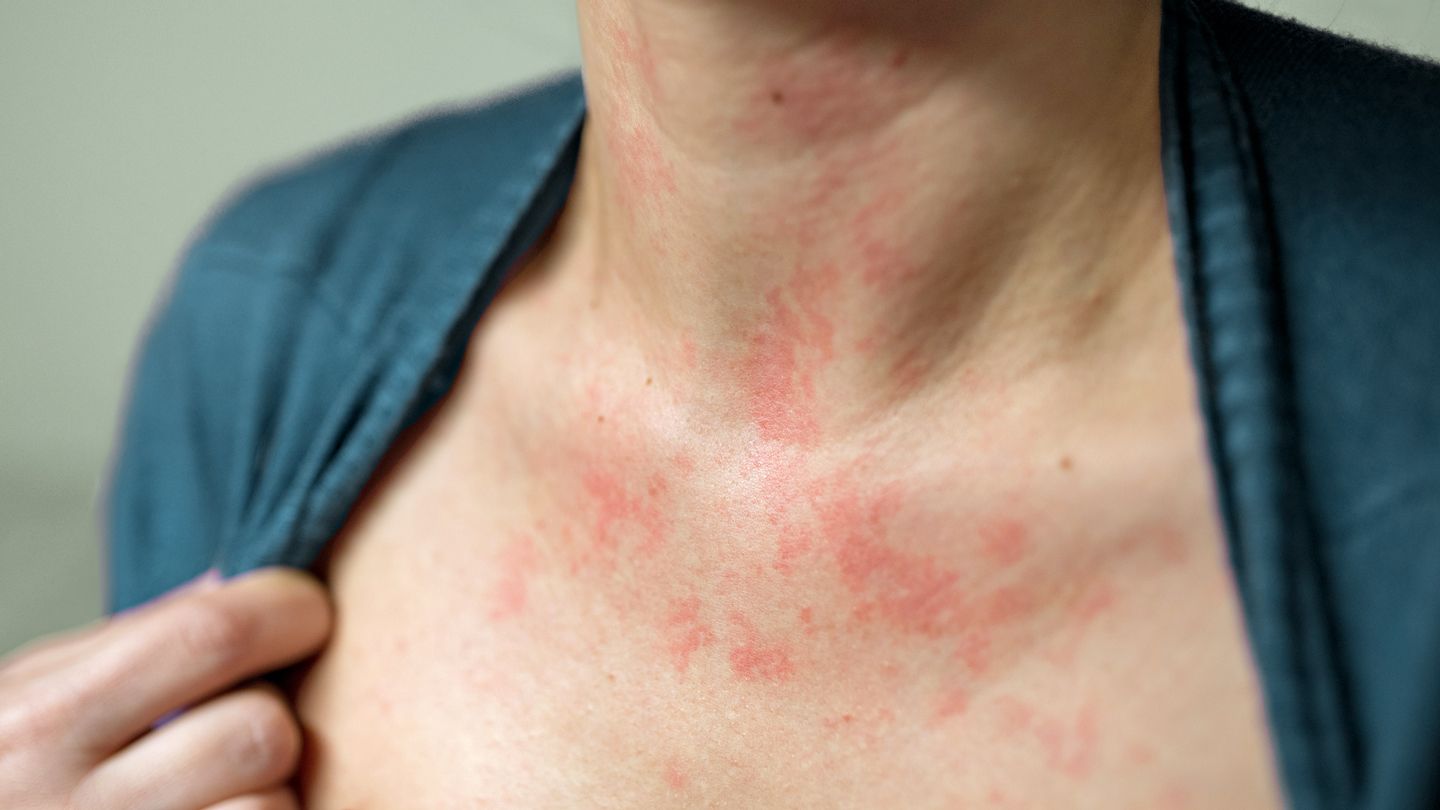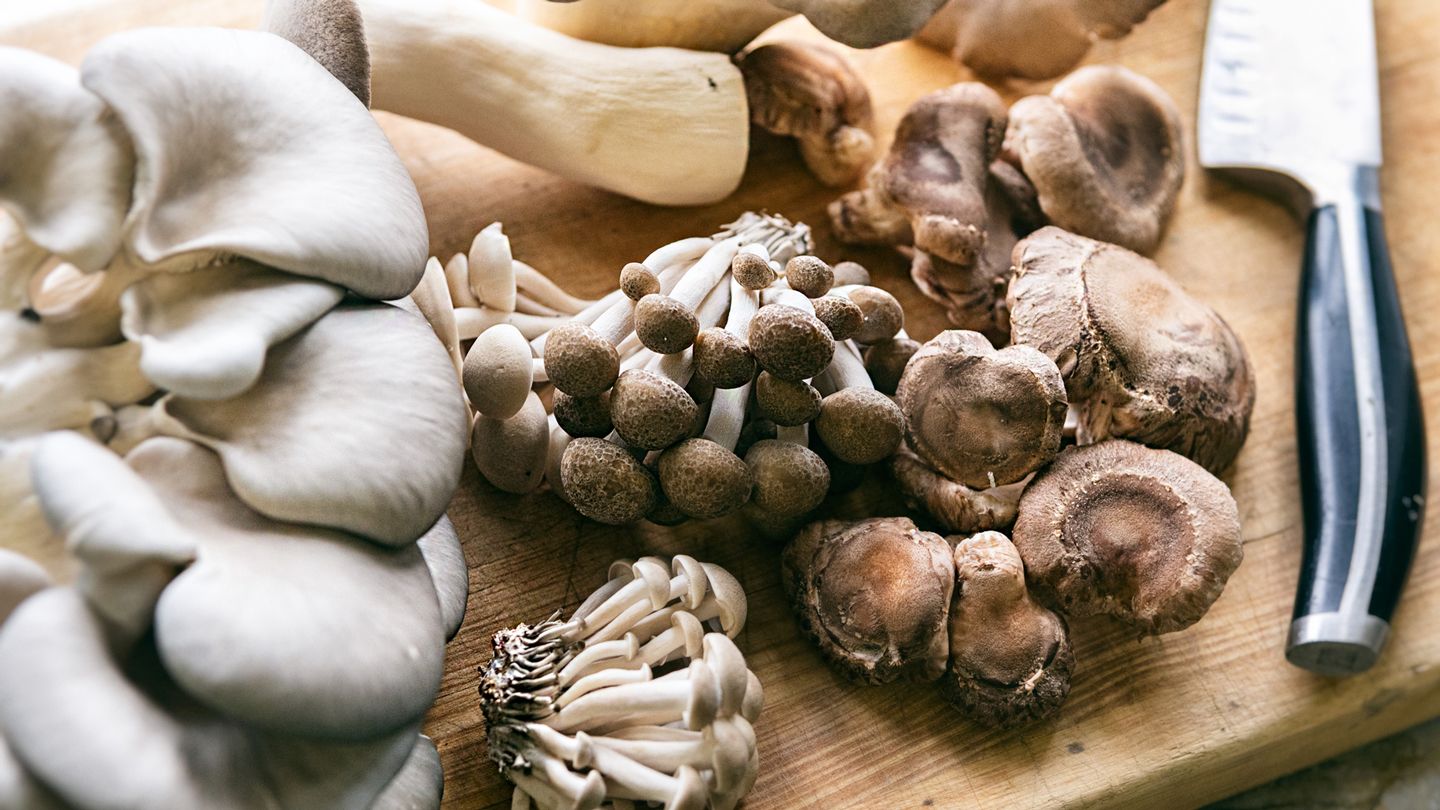Exploring the Nutritional Benefits of Raw Valencia Peanuts
Valencia peanuts are a popular variety prized for their sweet flavor, bright reddish-orange papery skins, and high oil content. While roasted Valencia peanuts make a tasty snack, raw Valencia peanuts offer some unique nutritional advantages. Here's a closer look at the health benefits of incorporating raw Valencia peanuts into your diet.
High in Nutrients
Raw Valencia peanuts provide a significant amount of key vitamins and minerals. A one-ounce serving contains 169 calories and is packed with 7 grams of protein and 15 grams of healthy fats. They are an excellent source of biotin, niacin, folate, magnesium, phosphorus, and copper.
Compared to roasted peanuts, raw Valencia peanuts retain more of their vitamin E content which acts as an antioxidant to protect cells from free radical damage. They also provide higher amounts of bone-strengthening manganese and potassium which regulates fluid balance.
Good Source of Plant-Based Protein
Peanuts are one of the best plant-based sources of protein. Raw Valencia peanuts have about 25% protein content per serving. For vegetarians, vegans, or those trying to reduce meat intake, peanuts make an excellent high protein substitute in recipes and snacks.
The quality of peanut protein rivals that of other legumes. Peanut protein provides all the essential amino acids needed for growth and maintenance of the body. Combined with whole grains, raw peanuts can form a complete protein profile similar to meat.
Rich in Healthy Unsaturated Fats
Although high in fat, most of the fats found in peanuts are the heart-healthy monounsaturated and polyunsaturated kind. Raw Valencia peanuts get over 70% of their calories from fat, with nearly 50% as monounsaturated fat.
Monounsaturated fats help lower bad LDL cholesterol levels and maintain good HDL cholesterol. The antioxidant polyphenols in peanuts also keep cholesterol from oxidizing. This combination helps reduce plaque buildup in arteries.
Fiber for Digestive Health
Peanuts are a surprisingly good source of fiber, with 2.4 grams per one-ounce portion. The fiber in raw Valencia peanuts is mostly insoluble fiber that provides bulk for regular bowel movements and prevents constipation. This helps maintain digestive health.
Some soluble fiber is also present in peanuts which helps feed the healthy bacteria in your gut microbiome. Getting a variety of soluble and insoluble fiber from foods like raw peanuts improves overall digestive function.
Helps Control Blood Sugar
Despite their higher fat content, peanuts have a low glycemic index. This means they are slowly digested and absorbed to prevent sharp spikes in blood sugar. The fiber, protein, and fat in raw Valencia peanuts all help achieve a gentle, steady release of glucose.
For people with diabetes or prediabetes, raw peanuts can be included as part of a balanced low glycemic diet to keep blood sugar stable. This helps control diabetes and reduces risk of complications like nerve damage and vision loss.
May Aid in Weight Loss
Nuts and peanuts are nutrient-dense foods that provide satiety and fullness. The protein, fiber, and unsaturated fats in raw Valencia peanuts may help curb hunger and limit overeating at mealtimes. Several studies have linked peanut consumption to lower BMI and reduced risk of obesity.
Raw Valencia peanuts can be enjoyed as a handy snack to tame cravings. They can also be incorporated into meals to add a crunchy texture that helps you feel satisfied with appropriate portion sizes for weight management.
Free of Anti-Nutrients in Legumes
Many types of raw beans and legumes contain anti-nutrient compounds like phytic acid that impair mineral absorption. But raw Valencia peanuts have very low levels of phytic acid and are not considered to have any significant anti-nutrient properties.
This means your body can properly absorb and utilize the iron, calcium, zinc, magnesium and other minerals from peanuts. The minimal amount of oxalates in peanuts also won't hinder calcium absorption like some other foods.
May Reduce Gallstone Risk
Several large observational studies found that increased peanut consumption is associated with a lower prevalence of gallstones in both men and women. The unsaturated fats and fiber in peanuts are thought to help bind bile acids and allow the bile to be easily excreted which prevents gallstone formation.
Enjoying raw Valencia peanuts regularly as part of a healthy diet may help lower your likelihood of developing painful gallstones. Peanuts are a convenient food to add for potential gallstone prevention.
Choosing and Preparing Raw Valencia Peanuts
Selecting Fresh Raw Peanuts
Look for raw Valencia peanuts still in their papery reddish-brown skins when buying in bulk bins at stores. Shelled raw peanuts should appear plump and smooth, not shriveled. Avoid peanuts with dark spots or damage.
When buying packaged raw peanuts, check the expiration date and look for vacuum sealed bags to maintain freshness. Store raw peanuts in a cool, dark place or refrigerate for up to three months.
Roasting Your Own Peanuts
Roasting brings out the oils in peanuts to intensify their flavor. To roast raw Valencia peanuts at home, preheat your oven to 325°F and spread shelled peanuts in a single layer on a baking sheet. Roast for about 20 minutes, shaking the pan occasionally for even cooking.
Let peanuts cool completely before eating to achieve the perfect crunchy, roasted texture. Season with a little salt or spices if desired. Roast in the shell for 25-30 minutes and cool before removing the shells.
Soaking for Easier Digestion
While not required, some people prefer to soak raw Valencia peanuts before eating to reduce phytic acid content and improve digestibility. Simply cover shelled peanuts with warm water and let soak overnight on your counter or up to 24 hours in the fridge.
Drain and rinse soaked peanuts well. Pat dry and let dehydrate for 12 hours or use a dehydrator set to 115°F for 6-8 hours. Properly soaked and dried peanuts will be crunchy with a lighter color.
Making Homemade Raw Peanut Butter
Delicious peanut butter can be easily made from raw Valencia peanuts right at home. Pulse 2 cups of raw peanuts in a food processor or high-power blender until it forms a smooth paste, about 8-10 minutes. Scrape down the sides as needed.
Add a dash of salt if desired. For a creamier texture, slowly drizzle in peanut oil or another healthy oil while processing until smooth. Store homemade peanut butter sealed in the fridge for 2-3 weeks.
Raw Peanut Butter Uses
Raw Valencia peanut butter is incredibly versatile: - Spread it on whole grain toast or apples - Swirl into oatmeal, yogurt, or smoothies - Make homemade granola bars or no-bake cookies - Use as a dip for celery, banana slices, or apple wedges - Mix with soy sauce and spices as an Asian style sauce - Make peanut noodles or satay sauce for chicken or tofu
Potential Precautions with Raw Peanut Consumption
Allergy Concerns
Peanuts are one of the most common food allergy triggers. People with a peanut allergy must avoid consuming peanuts including raw Valencia peanuts to prevent a potentially life-threatening reaction.
Those with a peanut allergy should be vigilant about reading ingredient labels to identify any peanut-derived products. Cross contamination is also a concern at factories and restaurants. Thankfully, awareness about peanut allergies has increased in recent years.
Choking Risks
Due to their shape and texture, peanuts can occasionally cause choking if not thoroughly chewed, especially for young children, elderly adults, or those with dentures or dental issues. Always mindfully chew peanuts and avoid giving whole nuts to kids under age 4.
Peanut butter or ground peanuts are safer options for young kids. Additionally, proper food preparation techniques like chopping nuts can further reduce risks. But all ages should avoid talking or laughing while chewing peanuts as a precaution.
Mold Contamination
Raw peanuts are susceptible to a mold called aflatoxin if not stored properly in cool, dry conditions. Aflatoxin is a carcinogen linked to liver cancer and other serious health effects if consumed in high amounts. Buying raw Valencia peanuts from reputable sources can help avoid this risk.
Discard any raw peanuts that look discolored or shriveled. Avoid prolonged storage over 3 months. Roasting helps destroy some aflatoxins. But those with liver disease or impaired immunity may want to avoid raw peanuts altogether as a precaution.
Oxalate Content
Peanuts contain a small amount of oxalates which can contribute to kidney stone development in those prone to this condition. People who have a history of kidney stones should moderate their raw peanut intake and stay well hydrated to flush out oxalates.
However, the oxalate levels in peanuts are not significant enough to warrant restriction in the average healthy person. Consulting your doctor can help determine if limiting peanut oxalates could benefit you.
Enjoy Raw Valencia Peanuts for Nutrition and Flavor
Loaded with protein, healthy fats, vitamins and minerals, raw Valencia peanuts provide superb nutrition in a naturally tasty package. Choosing organic and carefully stored raw peanuts can help maximize benefits while avoiding potential risks. Incorporate raw Valencia peanuts into snacks, meals, and recipes regularly to add flavor and nutrients to your diet.
Disclaimer: This article is for informational purposes only and does not constitute medical advice. Always consult with a healthcare professional before starting any new treatment regimen.
Related Coverage
Find out exactly how many total carbohydrates and grams of sugar are in corn on the cob and kernels. Learn if corn fits into a ketogenic diet....
With its high fat and low carb content, you may wonder if American cheese can fit into a keto diet. Learn the potential issues with processed cheeses on keto....
With around 21 grams of net carbs per half-cup, creamed corn can quickly surpass daily carb limits on keto. But modified recipes can provide lower-carb alternatives....
Transition smoothly into keto eating as a beginner with these easy tips. Gradually reduce carbs, allow flexibility, address cravings, use familiar foods, and more....
If you've been on keto but are struggling with side effects, weight loss plateaus, or feeling restricted, it may be time to quit. Consider signs like digestive issues....
Discover keto-friendly cocktails like the Bulleit Old Fashioned. Learn how to enjoy alcoholic beverages while following a ketogenic diet with our guide to low-carb cocktail options....
Discover if banana peppers are safe to eat during pregnancy, their nutritional benefits, potential risks, and practical tips for incorporating them into your diet....
Learn how black celebrities like Jill Scott, Halle Berry, and Sherri Shepherd have used the ketogenic diet for weight loss and to manage health conditions like diabetes....
Button, portobello, shiitake, oyster and more - discover the top keto-friendly mushroom varieties and their nutritional benefits and delicious prep ideas....
Is ricotta keto? Get the facts on using ricotta and other cheeses when following a ketogenic diet. Learn the best low-carb cheese options....









